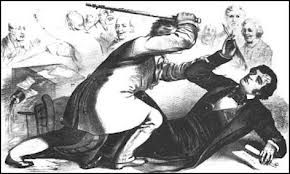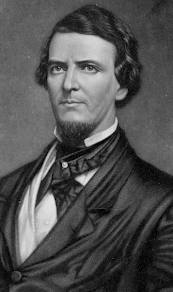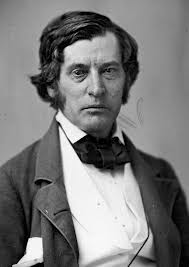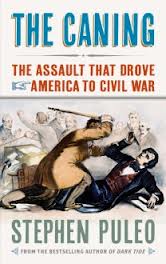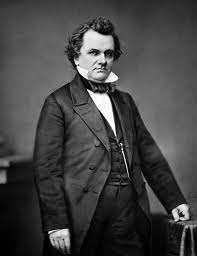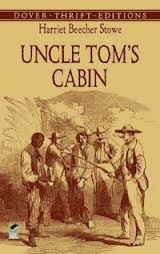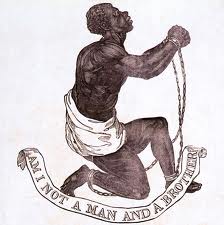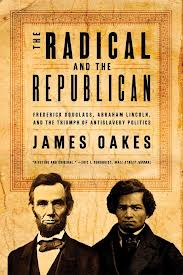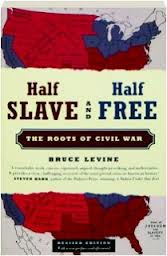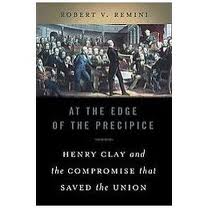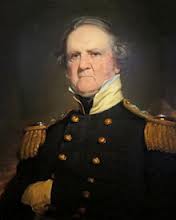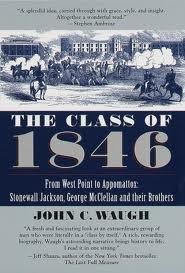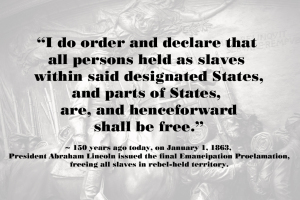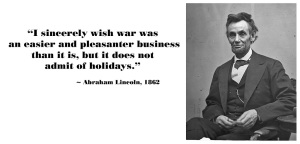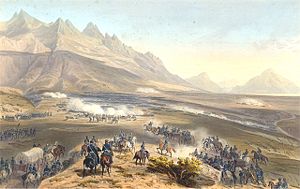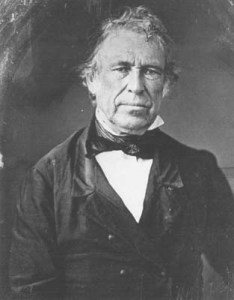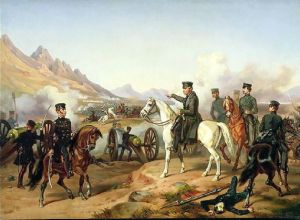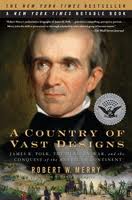In which we look at the caning of Senator Charles Sumner of Massachusetts by Congressman Preston Brooks of South Carolina on May 22, 1856.
Our book recommendation for this episode is The Caning: The Assault That Drove America To Civil War by Stephen Puleo.
One of the most shocking and provocative events in American history, the caning of Charles Sumner by Preston Brooks destroyed any pretense of civility between North and South. Puleo’s book tells the incredible story of this pivotal event. While Sumner eventually recovered after a lengthy convalescence, sectional compromise had suffered a mortal blow. Moderate voices were drowned out completely, extremist views became intractable, and both sides were locked on a tragic collision course.
Listen to Episode 13: CaningSumner

